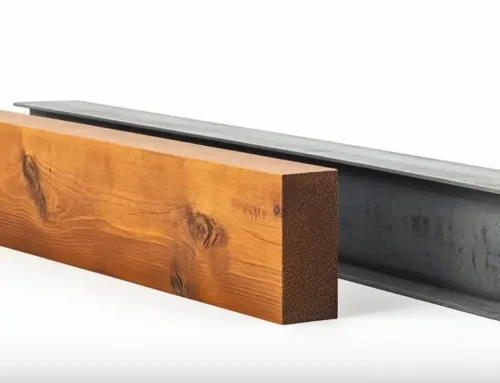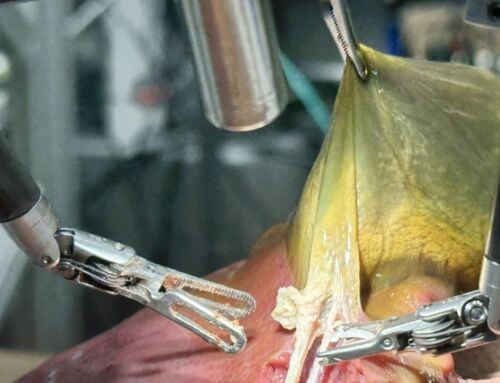Scientists are developing salt-coated surgical masks and respirators to kill viruses, expected to be on the market in 12-18 months
The problem with surgical masks is that they only provide protection against large virus-laden droplets, whereas respiratory viruses such as coronavirus are also spread through much smaller droplets called aerosols.
Hyo-Jick Choi, Biomedical Engineer and Assistant Professor, Chemical and Materials Engineering at the University of Alberta, explains:
“Surgical masks and respirators are currently the best defence system we have for personal protection, but the general public needs to be educated on their proper use and their limitations. Otherwise, people could be unknowingly contributing to the spread of viruses like coronavirus and influenza.”
According to Choi, neither mask nor respirator is capable of killing a virus, meaning once contaminated, viruses can live on the surface of the filter from hours up to a week and are at risk of being spread to other surfaces when the masks are handled.
Choi’s team — funded by Mitacs, a national not-for-profit organization that fosters growth and innovation in Canada, with a key role played by Mitacs researcher Ilaria Rubino — has developed a salt coating that can be applied to surgical masks and respirators to effectively kill viruses. When liquid droplets of any size come into contact with the coating, the salt dissolves in the liquid and begins to evaporate. As salt crystallizes during the evaporation process, the crystals grow and sharpen, destroying the virus with their pointy edges.
Image credit Mitacs
source Mitacs






Leave A Comment